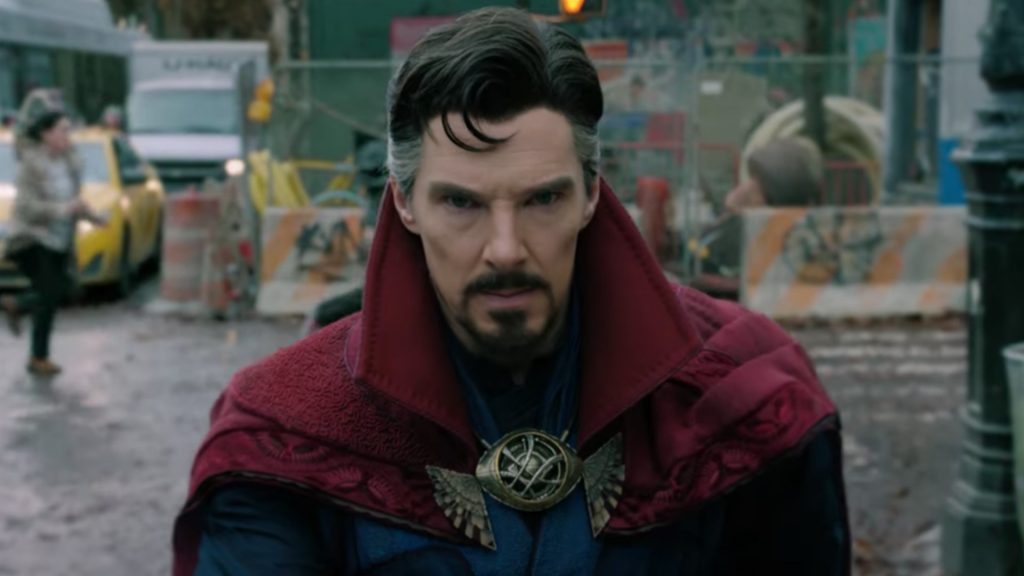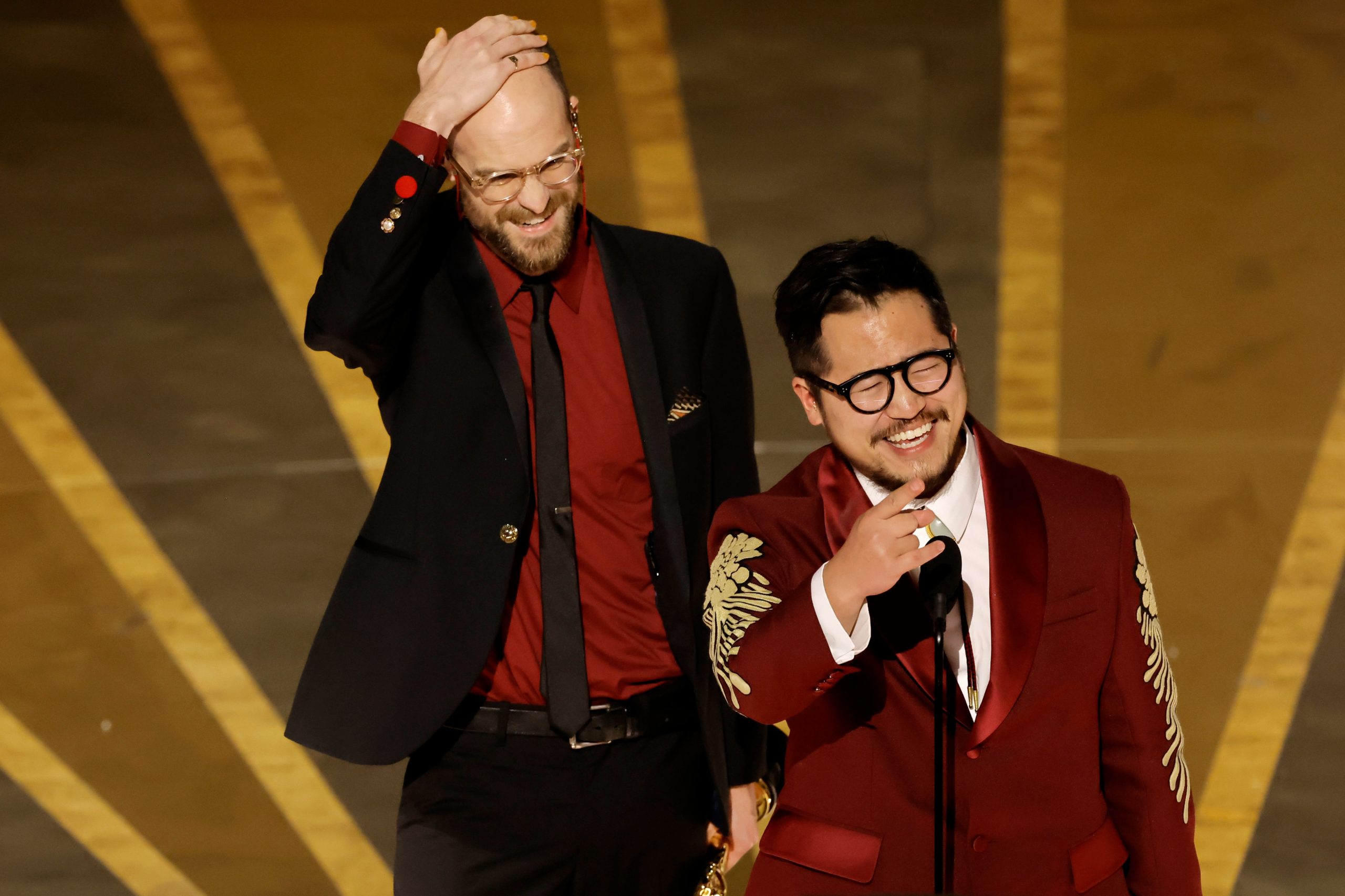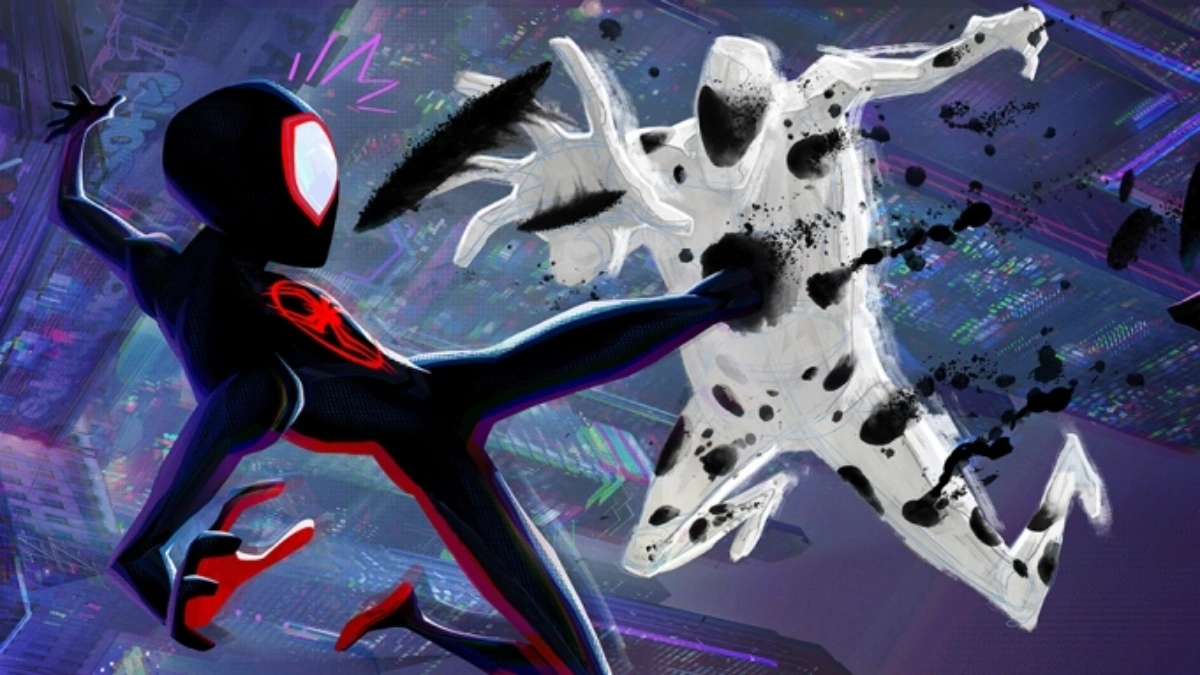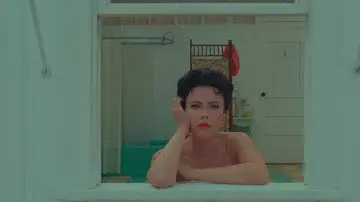Walking out of Spider-Man: Across the Spider-Verse, 140 minutes, twice as many Spider-People, and a largely enjoyable time later, I am nonetheless very tired.
Over two hours of dazzlingly frenetic visuals is a lot for anyone to process, in fairness. But more than that, there’s a real sense that the much-awaited sequel just has a bit too much going on. Too many spiders. Too many people. Too many, and this is really the kicker, universes.
Wind the clock back to early 2022, and the idea of the multiverse – a narrative device where parallel realities allow multiple versions of the same characters to interact – was all set to be Hollywood’s next BIG IDEA. Marvel had their first real post-Endgame hit on their hands with Spider-Man: No Way Home, which saw all three of the 21st century’s screen Spider-Men facing off against a smorgasbord of their respective nemeses. Outside the blockbuster circuit, Everything Everywhere All At Once was attracting the sort of buzz most indie filmmakers would kill for.

Doctor Strange in the Multiverse of Madness was intended to kick the MCU’s multiverse saga into overdrive
It’s not hard to see why the notion of the multiverse is appealing. For filmmakers, the maximalist style the idea lends itself towards is a tempting flex of the imaginative muscles. Big studios, meanwhile, suddenly have an in-universe explanation for why an actor is replaced in a financially lucrative role. Hollywood’s fondness for sequels, cross-overs and ‘event movies’ finally has an internal justification.
Since then, though, it’s fair to say Tinseltown’s foray into the multiverse idea hasn’t gone completely to plan. Since Spider-Man: No Way Home cleaned up at the box office in late 2021, few of the MCU’s parallel universe offerings have lived up to their zany potential. Multiverse of Madness, the film hyped up as the start of the multiverse saga proper, made $955 million worldwide, but landed with the sort of critical thud that has come to plague many of the studio’s outings since.
It was the same story with Ant-Man and the Wasp: Quantumania a year later. Similarly heralded as a must-watch, critics brought out the knives once again; this time, the audience agreed, and proved as much with their wallets.
An idea which has so much potential on paper seems to have turned into little more than an excuse for cameos and cheap fan service. Even Across the Spider-Verse, otherwise a meticulously-crafted and beautifully animated family drama, can’t help but veer into this territory. The overwhelming feeling isn’t one of imagination, anymore, but exhaustion.
And now, with their main multiversal antagonist Jonathan Majors’ MCU future in doubt following multiple domestic abuse allegations, this whole messy, maximalist saga seems to be a bit of, well, a mess.
Things have been pointing in this direction for a while. Ever since Avengers: Endgame concluded Marvel’s epic Infinity Saga, the series has struggled to find a cohesive direction in which to take its growing roster of heroes next. In hindsight, it was odd to think that a narrative encompassing unlimited versions of every character from every movie so far was going to provide that sort of focus.
But Marvel Studios have been in many ways victims of their own success. The same forward-planning which helped the saga grow in the first place has made it pretty difficult for the team to course-correct. At present, the MCU timeline stretches all the way into 2026, with a number of projects still waiting on a release date beyond that. Fading interest in the multiverse saga is a problem when it’s slated to continue until Avengers: Kang Dynasty releases in November 2025.

(L-R) Daniel Scheinert and Daniel Kwan accept the award for Best Original Screenplay for “Everything Everywhere All at Once” onstage during the 95th Annual Academy Awards at Dolby Theatre on March 12, 2023 in Hollywood, California. (Photo by Kevin Winter/Getty Images)
These problems are far from unique to the MCU. Warner Bros.’ continued efforts to revitalise the DC universe now seem to rest largely on the success of The Flash, which sees multiple Barry Allens and multiple Batmen team up to stop the collapse of the universe, or something. At a time when superhero fatigue is creeping into film discourse more and more, the risk is that audiences will begin to associate super-powered folks with the sort of nostalgia-baiting cameos creeping into every cross-dimensional movie from Multiverse of Madness to Across the Spider-Verse.
All is not lost, though. Counter-intuitively for studios, the current writers’ strike in the US might just provide the pause for reflection these franchises need. At least four MCU projects have already been delayed by the action, starting with another cross-film team-up movie in Thunderbolts.
But the big cats in Hollywood are rarely ones for self-reflection. Instead, it feels more and more like the multiverse, and, by extension, the superhero genre, is quickly reaching critical mass. When the premise of every film requires it to reference itself and its’ stable-mates, it’s difficult to expect general audiences to maintain interest. The multiverse won’t be the first Hollywood trend to meet an ill-fated end. For the superhero genre, though, it might just be the last.





